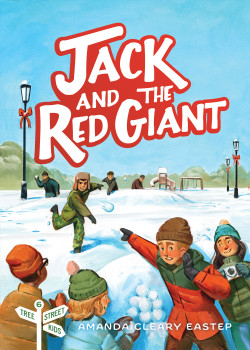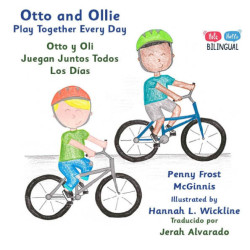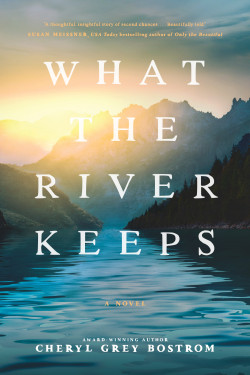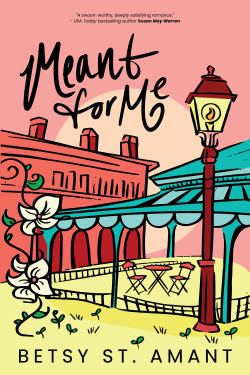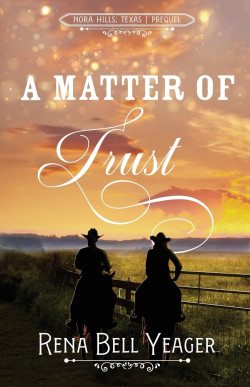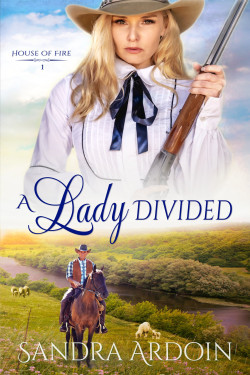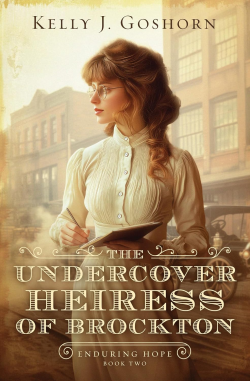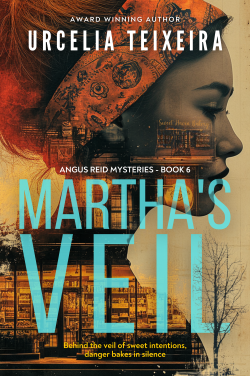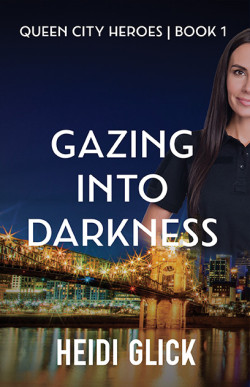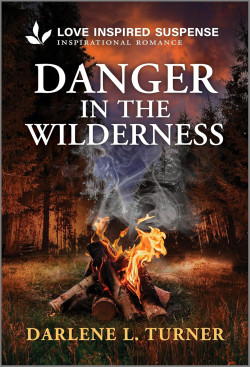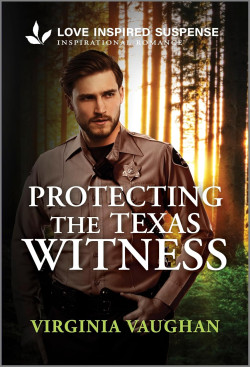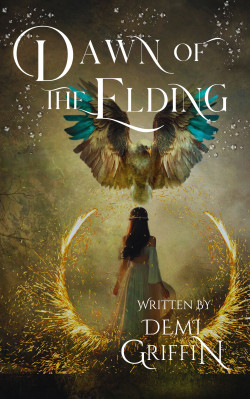Action Beats in Fiction
A Guest Post by Ruth Wong
In fiction, using dialogue tags alone without action beats may cause certain issues. The following are some thoughts for your consideration.
1. Pacing and Rhythm: Action beats help break up the speech, giving readers a sense of timing and rhythm.
2. Context: Dialogue tags alone (e.g., “he said,” “she replied”) provide no additional information about what’s happening in the scene. Action beats can offer clarity, showing what characters are doing or how they are feeling.
3. Characterization: Action beats offer opportunities to reveal character traits, emotions, and mannerisms. Without these, characters may seem two-dimensional.
4. Immersion: A dialogue-heavy text without accompanying action can feel less immersive. Readers need visual and sensory details to engage with a scene.
5. Confusion Over Who is Speaking: Even with dialogue tags, long stretches of dialogue without interruption can lead to confusion about who is speaking, especially in scenes with multiple characters.
6. Opportunities for Subtext: Action beats can provide a subtext, showing characters’ body language, which often conveys more than words alone. Subtext adds depth and complexity to interactions.
7. Emotional Depth: Action beats can amplify the emotional weight of dialogue. Without them, intense scenes may lack the necessary impact or emotional resonance.
Here’s an example taken from my book, Center of Enigma (Paradise PA Mystery Book 1; mystery/suspense/thriller) (https://www.amazon.com/dp/B0D9R2M134):
** Without Action Beats:
I replied, “I... I’m sorry to have disturbed your sleep.”
“It’s all right,” she said. “Care to tell me what’s bothering you?”
“My mother passed away when I was seven,” I said. “I’m scared. Where will I live once my grandaunt’s house is sold? How can I survive by myself?”
“Oh, Tina,” she said. “I had no idea your life was so tough.”
** With Action Beats:
“Tina, it’s okay to cry.” She rubbed my back. “I’m here for you. Cry as much as you want.”
I wrapped my arms around her, buried my head on her shoulder, and wailed. At last, I regained my composure. “I... I’m sorry to have disturbed your sleep.”
“It’s all right.” Her sturdy frame squeezed against mine. “Care to tell me what’s bothering you?”
“My mother passed away when I was seven.” I recounted my past, except for the part about Grandaunt Susie’s estate. “I’m scared. Where will I live once my grandaunt’s house is sold? How can I survive by myself?”
“Oh, Tina.” She hugged me even tighter. “I had no idea your life was so tough.”
What do you think after reading the example with or without action beats? Look forward to receiving your comments.
Author bio:
Dr. Wuwong (PhD in biochemistry, MBA in finance) has published 120+ scientific books and papers (under her legal name) and a few Christian fiction books under R. F. Whong. She lives in the Midwest with her husband, a retired pastor. They served together at three churches from 1987 to 2020. Her grown son works in a nearby city. She currently runs a small biotech company (http://www.vidasym.com) and has raised more than twenty million US dollars during the past few years for Vidasym. In addition to her weekly newsletter and the platform (http://www.ruthforchrist.com), she’s active in several writers’ groups, including ACFW, Word Weavers, Facebook, and Goodreads. Through these connections, she plans newsletter/promotion swaps with others and has writers endorse her books, write forewords, and host her on guest blogs. The Minnesota Anoka County Library has chosen her as a 2025 Featured Author. One of her books, Echoes over Stormy Sea, has won several awards, including being recently chosen by readers as a winner in the HOLT Medallion Contest.
Allure of Elegance (Paradise PA Mystery Book 3; mystery/suspense/thriller): https://www.amazon.com/dp/B0FCP1BV32. Amateur detective in Amish Country.
Luxury, lies, and danger in the unexpected places…
In tribute to Agatha Christie, this modern mystery series weaves together atypical tales set in the idyllic Amish country of Paradise, PA.
Two years ago, still haunted by the tragic events of September 11, Tina Sheng reluctantly served as a Christian summer camp counselor in Paradise. Now, she works as an insurance fraud investigator in nearby Lancaster and is pulled into a web of lies and luxury when a bold theft targets expensive designer items. Despite her training, she struggles with self-doubt and is swayed by the allure of the opulent world.
Tina’s company assigns her to look into the insurance claim. While she navigates the treacherous path between justice and desire, temptations taunt her. After a tragedy strikes a friend with whom she tries to share the gospel, her intensified search traps her in a secret network involving the mysterious Baroness Hermès, who specializes in procuring Birkin bags for wealthy clients.
Facing tough choices, can Tina break into a dangerous underground operation and emerge as a beacon of resilience?
Social Media Links:
Facebook: https://m.facebook.com/ruth.wuwong
Twitter: https://twitter.com/RWuwong
Website: www.ruthforchrist.com
Linked In: www.linkedin.com/in/ruth-wu-wong
Instagram: https://www.instagram.com/ruthwuwong/
Amazon: https://www.amazon.com/author/love.respect.grace
Goodreads: https://www.goodreads.com/author/show/42632055.R_F_Whong
BookBub: https://www.bookbub.com/authors/r-f-whong




.jpg)














.jpg)




